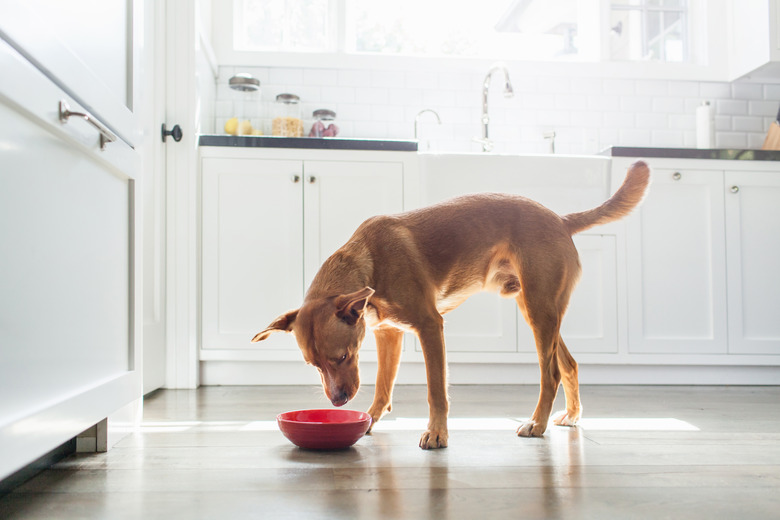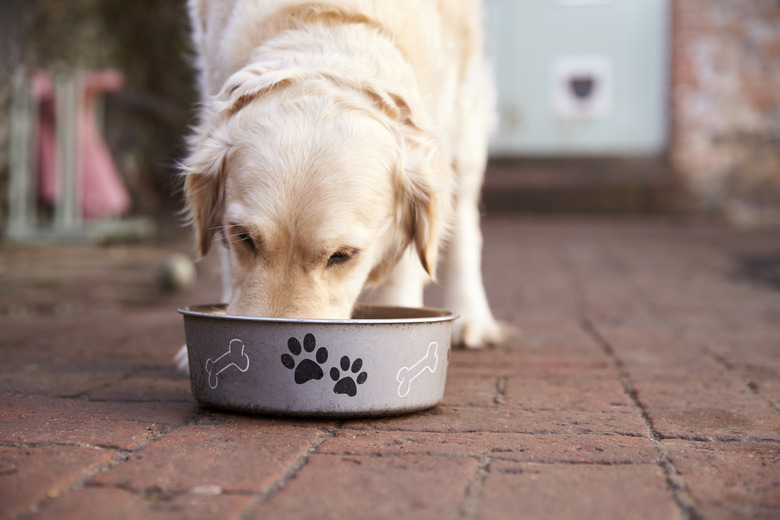About Brewer's Yeast For Dogs
Brewer's yeast for dogs is a common nutritional supplement. Some breeders recommend it, but consult your vet before feeding it. It may not be suitable for your dog because of its potential as an allergen. Here's what you need to know to decide whether or not brewer's yeast is right for your dog.
Brewer's yeast for dogs
Brewer's yeast for dogs
Brewer's yeast is a type of nutritional yeast used as a canine supplement. Yeasts are one-celled fungal organisms that consume sugars, and produce carbon dioxide and alcohol as by-products. Yeasts are used to bake bread, brew beer, and make wine.
The strain used in most brewer's yeast supplements for dogs is Saccharomyces cervisiae. Some brewer's yeast supplements are made from by-products left over from brewing beer. If you feed your dog brewer's yeast, look for a high-quality product made for dogs using fresh ingredients.
Benefits of brewer's yeast
Benefits of brewer's yeast
Brewer's yeast has several benefits for dogs. When added to your dog's food, it can improve the taste. In addition, it is a source of B vitamins such as biotin, trace minerals such as zinc, proteins, and amino acids. The amino acids and vitamins can help make a dog's skin healthier and its coat shinier. Brewer's yeast is often recommended by holistic vets to help strengthen dogs' immune systems.
Brewer's yeast is also promoted along with garlic as a natural remedy for dogs with fleas. It is believed to work against fleas because it contains sulfur compounds that make your dog less palatable to them. However, a study in the Journal of the American Veterinary Association showed that brewer's yeast provided dogs no protection against fleas when compared to a control group.
It is also important to note that garlic is toxic to dogs and may cause gastrointestinal upset and damage to red blood cells. Avoid any brewer's yeast supplements that also contain garlic.
Always check with your veterinarian before changing your pet's diet, medication, or physical activity routines. This information is not a substitute for a vet's opinion.
References
Risks of brewer's yeast
Some dogs are allergic to yeast, and dogs that are allergic to other foods are likely to be allergic to yeast as well. Low-quality yeast can cause allergic reactions. If your dog has food allergies, introduce high-quality brewer's yeast into her diet cautiously. If you see any signs of an allergic reaction, discontinue the brewer's yeast immediately and consult your vet.
Some supplements may cause weight gain in pets due to their high-calorie content. Monitor your dog's weight closely, especially if she is prone to being overweight. Some dogs, especially larger breeds receiving a bigger dose, may also have an upset stomach.
Types of brewer's yeast
Brewer's yeast for dogs is sold as pills, tablets and as a powdered supplement that can be sprinkled over food. The nutritional content of the yeast is not standardized and will vary depending on how yeast was grown. Compare labels to ensure that your pet is getting the most benefit from the product.
There is a difference between premium brewer's yeast supplements and supplements made from the by-products of the brewing process. Yeast that has been grown specifically for use in supplements has more nutrients and is less likely to cause allergic reactions.
Brewer's yeast dosing
The correct dosage of brewer's yeast depends on the size of the dog and the type of yeast you are using. For powders, 1/2 teaspoon per 10 pounds of body weight is usually recommended. The correct dosage for tablets depends on the size of the tablet. Read and follow the dosing instructions on the package.


